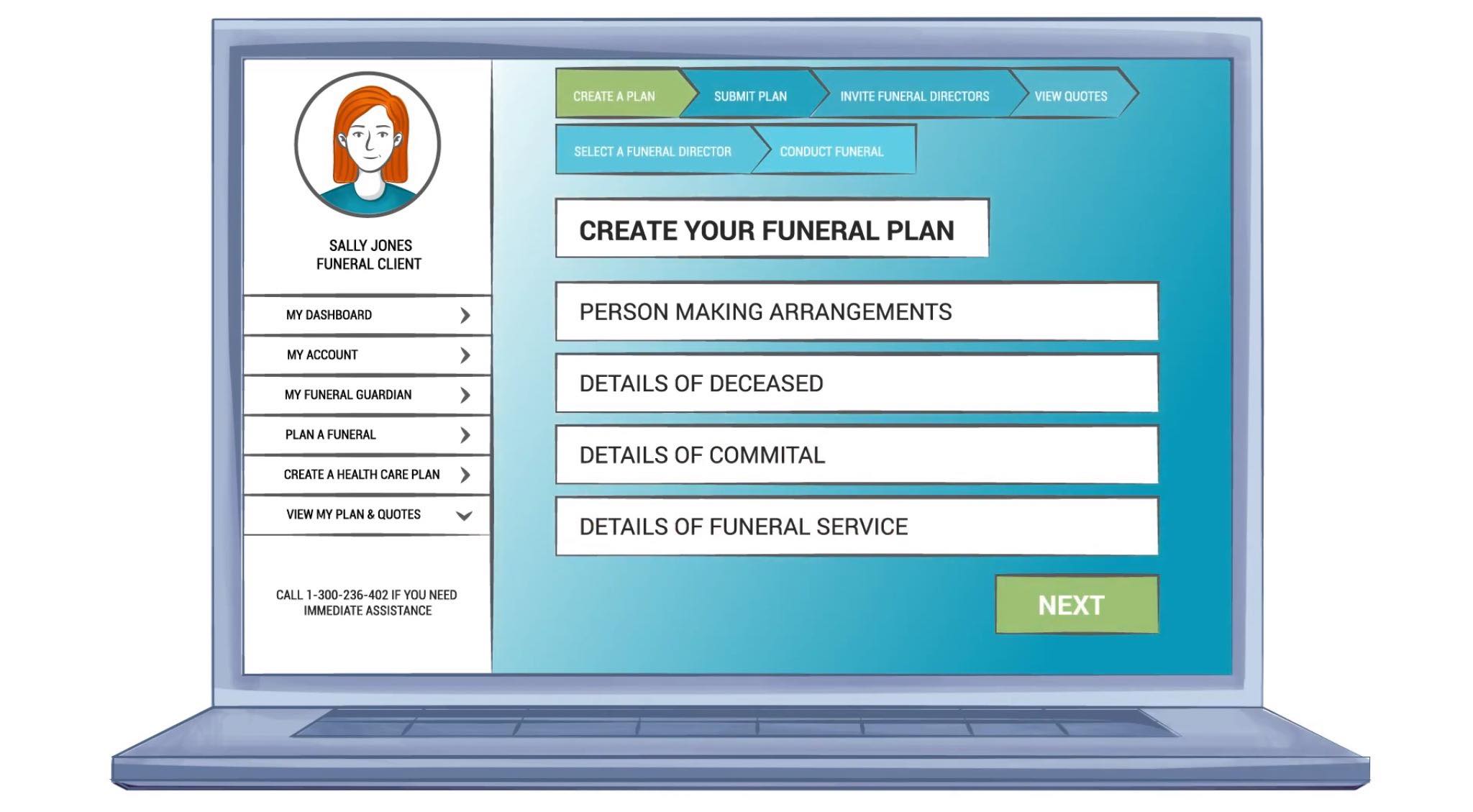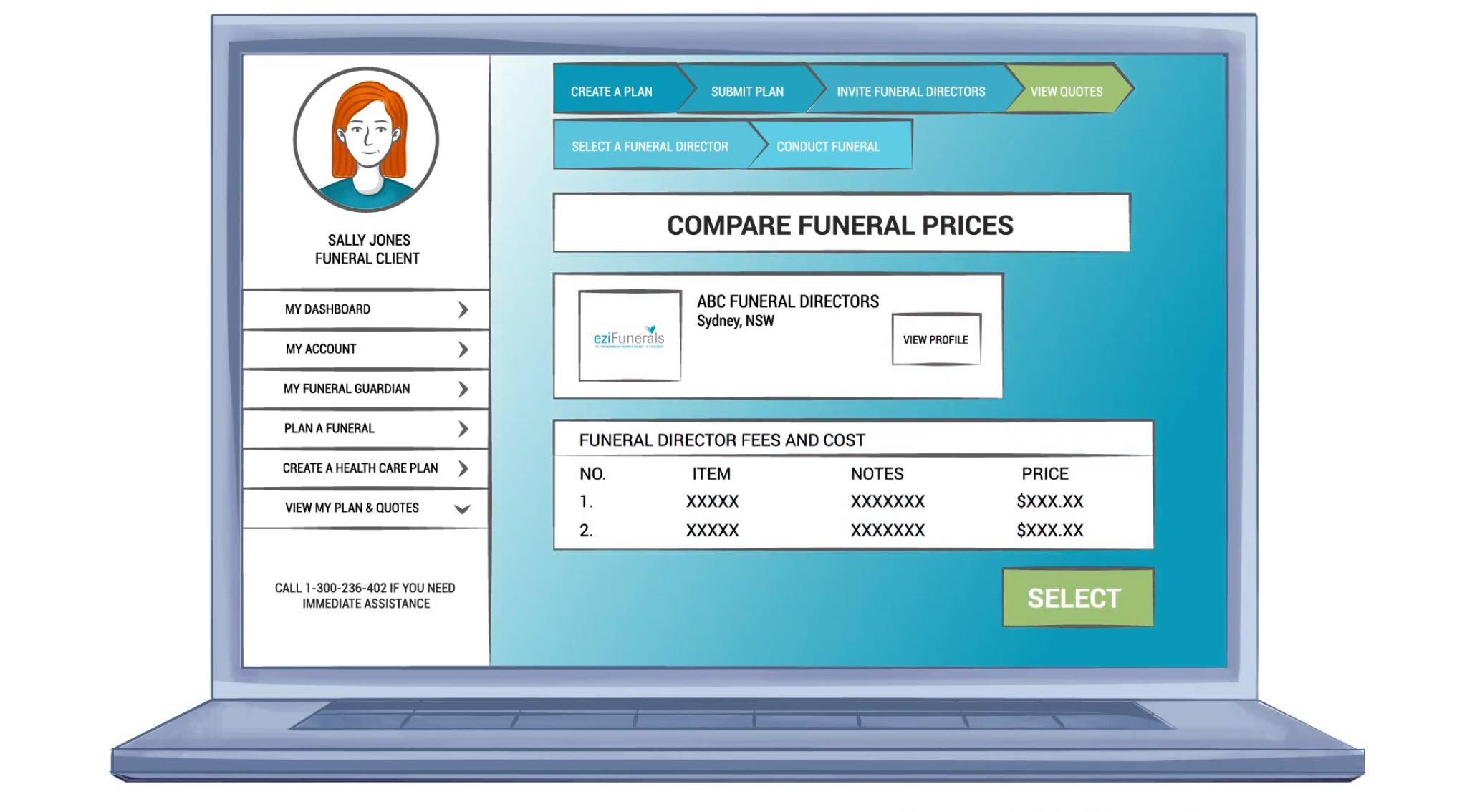The conclusion of a funeral ceremony might seem like the final chapter, but there are often numerous tasks left to address. These responsibilities include managing the deceased’s estate, determining the final resting place, and beginning the healing journey through available support. Here’s a detailed look at what to expect post-funeral, with guidance on funeral homes in Sydney, funeral directors in Melbourne, and how services like cremation in Brisbane can assist families during this time.
Placement of Ashes: Choosing a Final Resting Place
For those who choose cremation, deciding on a final resting place for the ashes can be meaningful. Families today have a range of options:
- Scattering ashes: This popular option allows for a personalized approach, whether in a garden, by the ocean, in woodland, or another cherished location. Many families also choose to scatter ashes at memorial parks, as it allows family members to visit the place over time. It’s essential to obtain permissions from property owners or local authorities if scattering in public spaces.
- Burying ashes: Cemeteries and churchyards often offer dedicated areas for burying ashes. This option allows family members a formal place to visit and, if desired, erect a memorial plaque or stone to honor the deceased. Some families even bury multiple family members’ ashes together for a unified resting place.
- Keeping ashes at home: Many find comfort in keeping ashes at home, where they are easily accessible for remembrance. This can be done with traditional urns or keepsake jewelry that allows a small portion of the ashes to be worn close to the heart.
In New South Wales, the cost of cremation can vary widely, especially if it includes additional services or venues. Direct cremation in Sydney provides an affordable and simplified option for those looking to honor their loved ones in a minimalistic way.
Settling the Affairs of the Deceased: Practical and Legal Steps
Beyond the immediate funeral, there are legal and financial matters to resolve. Funeral directors in Sydney and funeral directors in Perth frequently assist families with these requirements, offering guidance on notifying institutions, handling finances, and ensuring all aspects of the deceased’s estate are managed properly. Here’s a checklist of important tasks:
- Notify key contacts: Reach out to family members, close friends, employers, and relevant contacts, letting them know of the passing and any memorial or service arrangements.
- Organize documents: Essential documents include the will, life insurance policies, property deeds, and any financial records that will assist in estate management. For family members, this is often a time-consuming task, especially if the deceased’s assets are complex or scattered across multiple accounts.
- Settle outstanding debts and taxes: Ensuring that any debts, mortgages, or taxes are addressed will provide closure and prevent future financial burdens on the family.
Many funeral homes in Adelaide, funeral directors in Brisbane Northside, and funeral directors in Melbourne’s eastern suburbs offer post-funeral support to ease the administrative burden on grieving families. These professionals can also assist in obtaining death certificates and handling the necessary paperwork.
The Role of Wills and Estates
A will is essential for ensuring that the deceased’s wishes for asset distribution are respected. Without one, assets are divided according to state intestacy laws, which may not align with the person’s intentions. Having a will simplifies the process for surviving family members, reducing the stress of court proceedings and asset division. Funeral directors in Sydney and funeral homes in Melbourne can recommend legal advisors who specialize in wills and estates, helping families navigate these complexities.
Estates are typically managed by an executor, who is responsible for overseeing the distribution of assets as per the will. Families may need to seek legal guidance, especially if the estate includes significant property, international assets, or investments.
Coping with Grief: Available Resources and Support
The grieving process is deeply personal, often extending far beyond the funeral service itself. While the ceremony provides a space for closure, it’s only the beginning of an emotional journey for many. Understanding the stages of grief, as outlined by Elisabeth Kübler-Ross—denial, anger, bargaining, depression, and acceptance—can help families process their feelings over time. Support is available through a variety of channels:
- Grief counseling and support groups: Many communities offer counseling specifically for bereavement, available through local hospitals, churches, or mental health organizations.
- Support networks: Professional and peer-led support groups can provide connection and understanding, helping individuals share and process their experiences with others going through similar challenges.
Organizations like Lifeline and the Australian Centre for Grief and Bereavement provide immediate resources, ensuring that anyone struggling with grief has access to support. Many funeral directors in Melbourne, Perth, and Sydney offer grief resources to help families cope during this difficult time.
Selecting a Funeral Director for Aftercare and Support
Funeral directors play a critical role in post-funeral care, helping families with everything from ashes placement to estate management. Across Australia, each region has its own set of services tailored to community needs. In Sydney, funeral directors cater to multicultural communities with various faiths and traditions, while funeral directors in Perth offer sustainable options like eco-funerals. Key services include:
- Direct cremation in Sydney: This provides an affordable, straightforward solution, focusing on cremation without an elaborate ceremony.
- Funeral costs in Perth: Funeral directors in Perth offer detailed cost breakdowns, allowing families to budget effectively while maintaining a respectful and personalized service.
- Melbourne’s diverse funeral services: From western suburbs to eastern suburbs, Melbourne funeral directors cater to specific community needs, offering both traditional and modern services that reflect cultural values and regional preferences.
Funeral directors in Brisbane Northside and Adelaide are also knowledgeable about various local customs, ensuring that the deceased is honored according to family traditions. By researching options and speaking directly with directors, families can find the support they need.
Memorial Choices: Honoring Loved Ones in Unique Ways
Memorials offer a lasting way to celebrate the lives of loved ones, and today’s options extend beyond traditional headstones. Funeral homes in Sydney and funeral directors in Melbourne provide the following memorial alternatives:
- Headstones and plaques: These provide a fixed location for remembrance and can be customized to reflect the individual’s personality, faith, or values.
- Memorial jewelry: Keepsake jewelry, such as lockets or rings containing ashes, allows family members to keep a part of their loved one with them.
- Charitable donations: Many families choose to honor their loved one by supporting a cause they cared about, creating a legacy that benefits others.
These memorial choices allow families to reflect on the unique qualities of the deceased. Funeral directors in Perth and Melbourne’s northern suburbs offer guidance on local memorial options and regulations, making the process of selecting and designing a memorial straightforward.
Understanding Funeral and Cremation Costs Across Australia
Funeral expenses vary widely, with factors like service type, region, and customization affecting the final cost. Here’s an overview of costs in different areas:
- Funeral costs in Perth: The average funeral price includes a basic service fee, coffin, transportation, and venue rental. Families may add or omit elements depending on their budget.
- Cremation in Brisbane: Cremation has become increasingly popular due to its affordability and flexibility. In Brisbane, many families choose cremation for its lower cost and ability to personalize the ceremony or memorial at a later date.
- Direct cremation in Sydney: This service, which skips the traditional ceremony, is an economical choice that still respects the individual’s memory.
Obtaining quotes from multiple providers, such as funeral directors in Melbourne’s western and south-eastern suburbs, can help families make informed decisions and stay within budget.
After-Funeral Checklist: Essential Tasks to Complete
After the funeral, there are numerous tasks to handle. Here’s a checklist to guide families through the essentials:
- Death registration: Ensure the death is registered with government agencies for official record-keeping.
- Notify organizations: Contact financial institutions, utility providers, government agencies, and service providers to update records or close accounts.
- Settle debts and finalize taxes: Work with an accountant or estate lawyer to resolve any outstanding financial obligations.
- Establish a memorial site: Once decisions are made, coordinate with cemeteries, crematoriums, or memorial gardens to arrange for plaques, headstones, or other markers.
Funeral homes in Adelaide and funeral directors in Brisbane Northside offer post-funeral services that assist families in completing these tasks efficiently.
Finding Support from Funeral Directors in Australia’s Major Cities
Australia’s funeral industry has evolved to accommodate a wide array of cultural and personal preferences, with each city offering distinct services:
- Sydney funeral directors specialize in multicultural services, often working closely with religious organizations and cultural communities.
- Melbourne’s eastern suburbs funeral directors: Known for culturally sensitive services, they provide full-service arrangements that cater to diverse religious practices.
- Funeral directors in Perth emphasize eco-friendly services and simple cremation options, appealing to those looking to honor loved ones sustainably.
Each region has unique offerings, allowing families to choose services that best reflect their loved one’s wishes and values. Researching local funeral directors ensures that every detail is handled with care and respect.
Moving Forward: Honoring Legacies and Embracing Support
The journey doesn’t end with the funeral. Handling post-funeral responsibilities—from memorializing a loved one to managing their estate—requires time, care, and support. With guidance from funeral directors in Melbourne, Perth, and Sydney, families can focus on celebrating their loved one’s legacy and healing in a supportive environment. With thoughtful planning and the right resources, families across Australia can navigate this difficult time with confidence and peace





